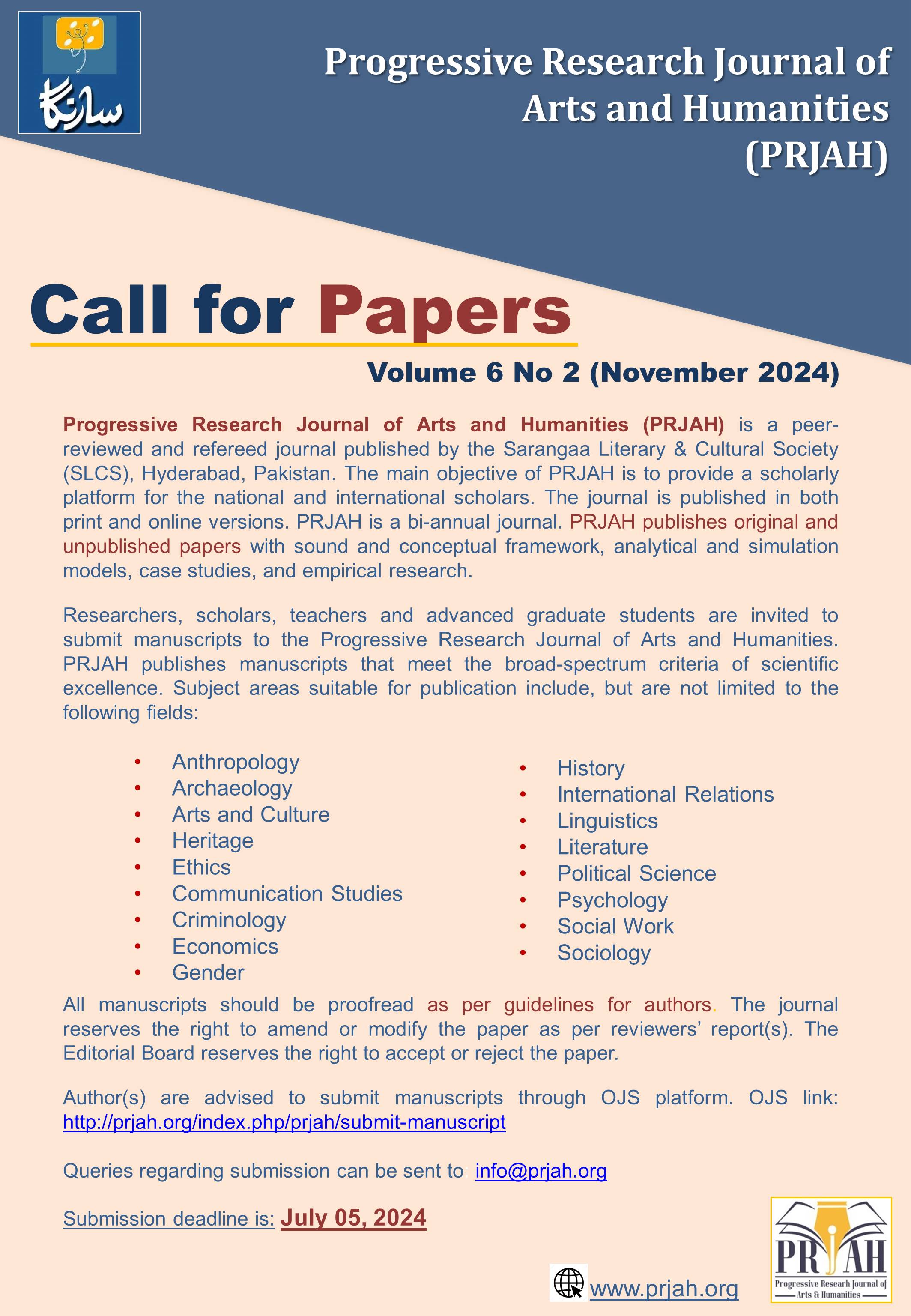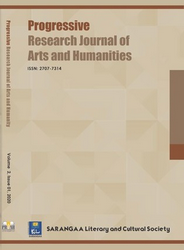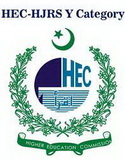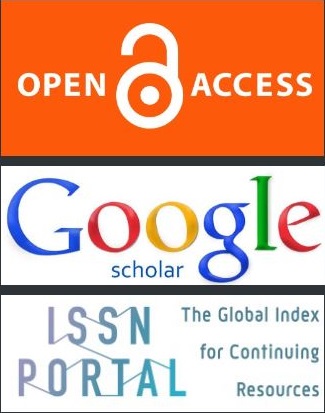Combating Islamic State in Iraq and Syria: Challenges and Recommendations
DOI:
https://doi.org/10.51872/prjah.vol3.Iss2.171Keywords:
Islamic State; NATO; GCC; Russia; TerrorismAbstract
Since the devastating incident of 9/11, the terrorists have become more destructive and transnational in nature. This contemporary trend in terrorism has poured new seeds of unrest and turmoil around the globe. The emergence of Islamic States in Iraq and Syria is one of the same worries, having potential of massive destruction and fatalities across the region. Being wealthiest terrorist organization with huge stockpiles of weapons IS declared caliphate in 2014. This is alarming for the international community because IS has emerged as an organized, structured, well trained and highly motivated force in contemporary times. Though, there have been efforts launched to sweep this ferocious group by the US led alliance and regional stakeholders as well, these efforts remained either inadequate or counterproductive. The prevailing situation in the region concerned has also caused tensions in EU, South Asia and rest of the world. Keeping this backdrop in view, this study investigates the emergence, structure, funding sources and nature of terrorist activities of IS. Moreover, this research would be an attempt to highlight the challenges and opportunities for countering the menace of IS








